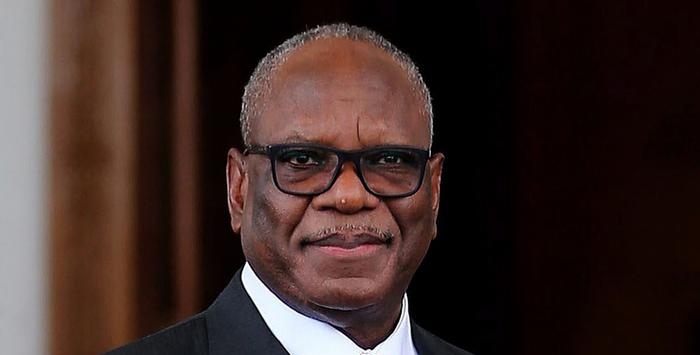Will Mali’s Elections Be a Turning Point?
July 28, 2018 | Expert Insights

The current campaign for the Presidential elections in Mali on 29 July has occurred in the midst of chronic insecurity across the state. Experts believe that the elections will be the true test of the nation’s stability.
Background
Mali is a land-locked nation in West Africa bordered by seven countries: Algeria, Niger, Burkina Faso, Ivory Coast, Guinea, Senegal, and Mauritania. It is among the 25 poorest countries in the world, dependant on gold mining and agricultural exports. The eighth-largest country in Africa by landmass, it has a population of approximately 17.8 million. 80% of the population is engaged in agriculture and related industries. Mali has numerous ethnic groups and languages, Bambara being the most populous ethnic group. 94.8% of the country population is Muslim and the official language is French.
Mali’s current troubles are rooted in a conflict that began in 2012, when long-time separatists led by a subset of the ethnic Tuareg group seized control of large swaths of northern Mali, in partnership with Islamist extremist groups amid an influx of weapons from Libya. The country was plunged into further crisis when a faction of the military waged a coup in the capital of Bamako, citing frustration with the government’s inability to control its territory. Various local militant groups joined forces with international jihadi organizations, including a branch of the al-Qaeda and some Islamic State militants, to take advantage of the turmoil and established a presence in the region. These groups have been terrorising villagers in the northern part of the country, including the cities of Timbuktu, Gao and Kidal. Furthermore, they have been involved in kidnapping, human trafficking as well as weapons and drugs smuggling across the porous borders of the Sahel region.
In 2013, multinational and French forces ousted the separatists and jihadis, restoring northern cities to the Malian government. Despite a peace agreement signed in 2015 by the government of President Ibrahim Boubacar Keïta and various anti-government armed groups involved in the 2012 uprising, violence persists. Today, the United Nations has a peacekeeping force of more than 15,000 personnel from 28 countries on the ground.
Analysis
Extremist attacks in Mali have risen over the past year and the current situation is worse than it was during the 2013 elections. Today, much of the country's north remains beyond government control. Deadly attacks have become more common in recent months as they take aim at French and Malian forces and the United Nations' peacekeeping mission.
The elections scheduled for Sunday will take place amidst high-profile attacks by a large number of armed groups, with heavy-handed counter-terror operations by Malian troops. According to experts, this might force 8 million registered voters to shun the elections if the security does not improve. "I think this situation of insecurity will push the voters not to participate in the vote," said Ibrahim Maiga, a researcher at the Institute for Security Studies.
On 4th July, the Constitutional Court had validated 24 candidates to run in the elections, while six applications were rejected. The main contestants are – incumbent President Keita, who is seeking a second and final five-year term. However, his popularity has reduced due to the fragile security situation. His main challenger is the opposition leader, Soumaila Cisse. Other contenders include former Prime Minister Cheick Mohamed Abdoulaye Souad, Former ministers Choguel Kokala Maïga and Mohamed Ali Bathily, religious leader Harouna Sankaré and businesswoman Djeneba N’Diaye.
While the government and the electoral commission had promised a smooth vote, citizens are worried about fraud. "If you want to make fraud possible, it is enough for political parties to give money to office agents to corrupt them and they will accept people who come with voter cards that do not belong to them," said Hamadou Guindo, a student from Bamako. In February this year, Al-Qaida’s Mali branch – Jamaat Nusrat al-Islam wal-Muslimin (JNIM) – had issued warnings this year on social media against going to the polls.
Political institutions and representatives have repeatedly failed to engage the core concerns of Malians, and they are deeply dissatisfied with the severe shortcomings that afflict the country especially the blatant disregard for human rights.
Counterpoint
President Keita, however, dismissed the country's security problems. He has stated: “"There are pockets of violence, residues of terrorism that even French forces haven't managed to vanquish from Malian soil. Are you going to blame all that on the government?"
Assessment
Our assessment is that the current security environment in Mali has eroded the confidence of the public for the upcoming elections. We believe that the polls might face a lower voter turnout than expected. We feel that the next President faces profound challenges as there is an urgent need for durable peace. He will have to address the widespread distrust among Malians in the state’s institutions.








Comments